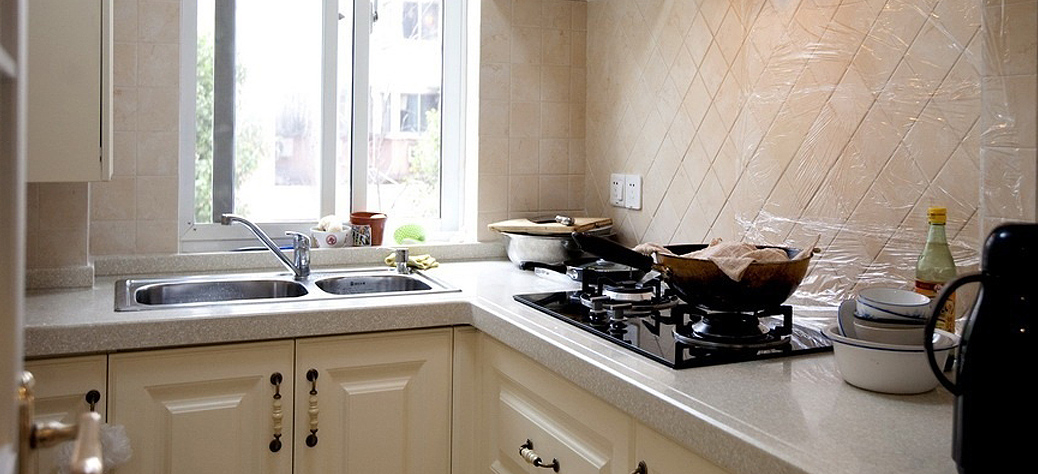
1. Definition of artificial stone:Artificial stone, scientific name polymer mineral filled composite solid surface material, English name "SOLIDSURFACE", literally translated as "hard surface material". The so-called solid surface material refers to the homogeneous solid material with dense internal structure and uniform surface. The original technology is derived from DuPont. DuPont artificial stone is based on polymethyl methacrylate MMA (commonly known as "acrylic" PMMA is formed by free radical polymerization of methyl methacrylate) and aluminum hydroxide as the main components. The products produced have high surface hardness, Good texture, non-toxic, non-radioactive, non-sticky oil, non-staining, anti-bacterial and anti-mildew, impact resistance, easy maintenance, seamless splicing, arbitrary shape and other advantages, but the technology is extremely complicated, the cost of raw materials is high, and the equipment investment is huge.
In 1969, DuPont of the United States developed the first solid surface material, CORIAN, which created a new solid surface material industry in the world. The actual large-scale use of artificial stone began in the 1980s. In 1990, CORIAN entered the Chinese market and was the first solid surface material brand to be marketed and applied in the Chinese market.
Later, Wellstone replaced polymethyl methacrylate with unsaturated resin to produce artificial stones, which drastically reduced costs. Later, this technology was introduced to China, and production began in China in 1996, and more methods of producing artificial stones were rapidly developed in our country.
Different from products whose structure determines performance, the use performance of artificial stone is determined by various conditions such as the composition and proportion of raw materials, production equipment, and technology. Among them, raw materials are the basis for determining its quality and the main factor determining the cost of products. .
2. What are the materials that make up artificial stone?Resin: Resin is the most important base material for artificial stone. Generally speaking, the properties of resin determine the final performance of artificial stone. The resins currently used to make artificial stones are generally ortho-benzene, m-benzene, neopentyl glycol, m-benzene / neopentyl glycol, vinyl ester, and acrylic.
Filling materials: Artificial stone filling materials mainly include: aluminum hydroxide, heavy calcium carbonate, calcium hydrogen phosphate, natural marble powder, inorganic granite stone powder, and swatch particles. Its main functions are: one is to fill the volume; the other is to enhance the texture of the artificial stone; the third is to enhance the mechanical properties of the artificial stone; the fourth is to act as a flame retardant.
Pigments: The role of pigments in artificial stone is to mix and match varieties of colors to make them colorful. In theory, any color can be formulated through various pigments.
Accelerators and curing agents: Accelerators and curing agents are essential additives for the production of artificial stone, which can control the gel time of the board within a predetermined range.
Other auxiliaries: The resin is a polymer polymer material. Properly adding some auxiliaries can improve its process performance, improve production efficiency, improve artificial stone properties, and extend its life.
